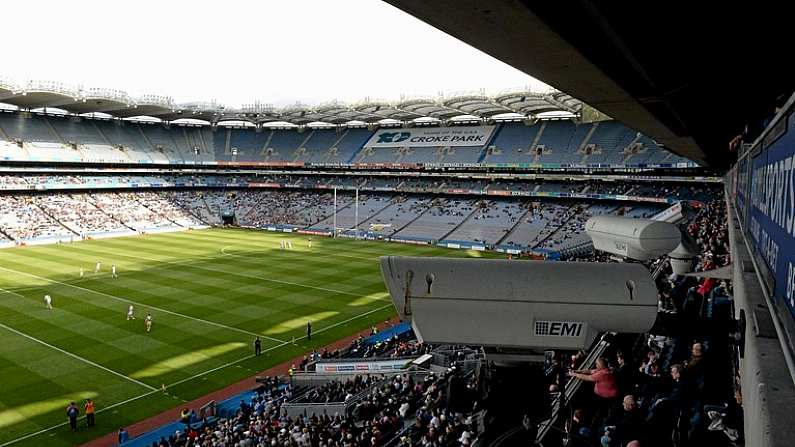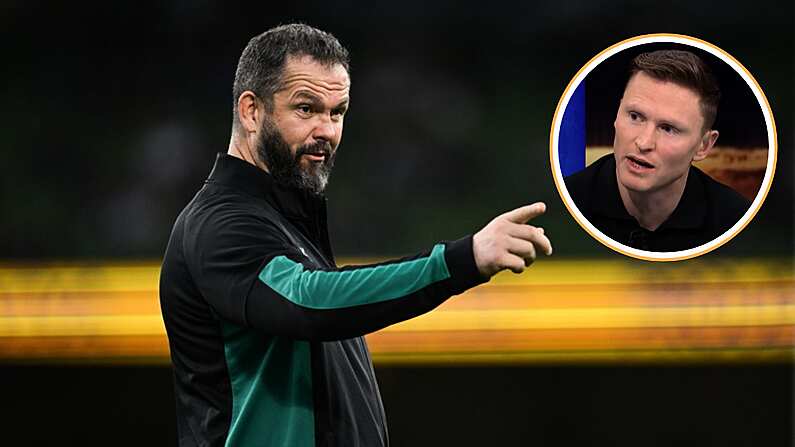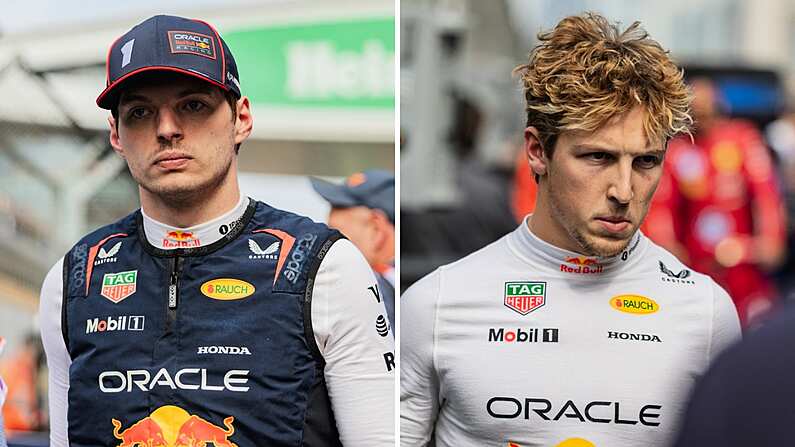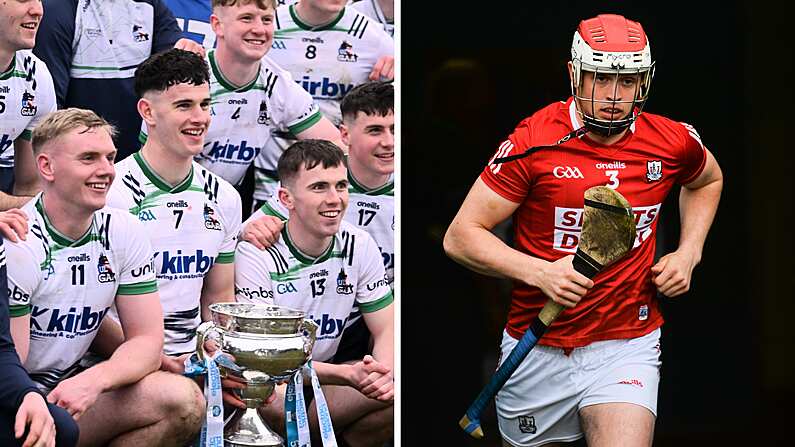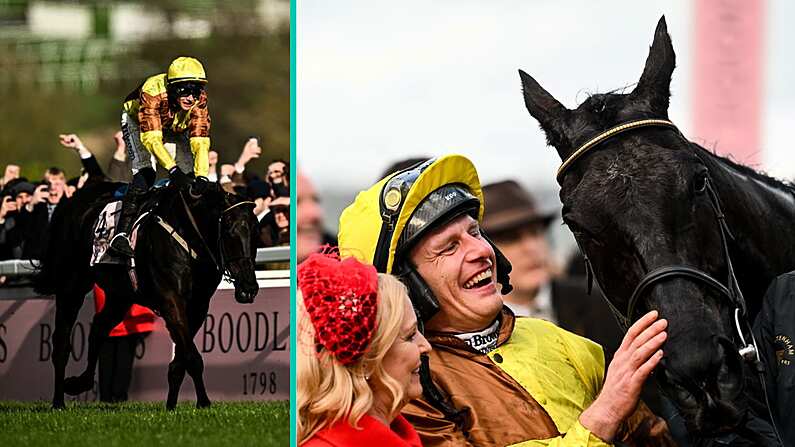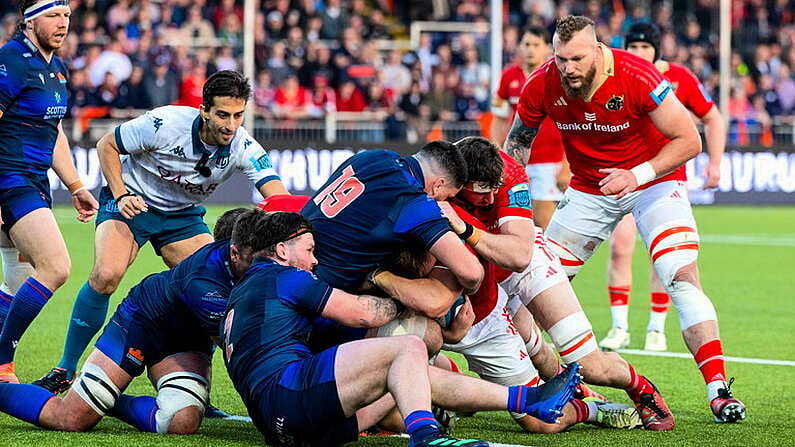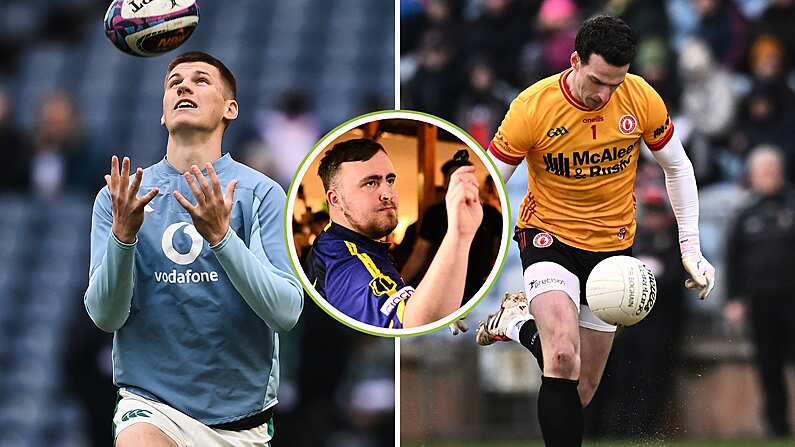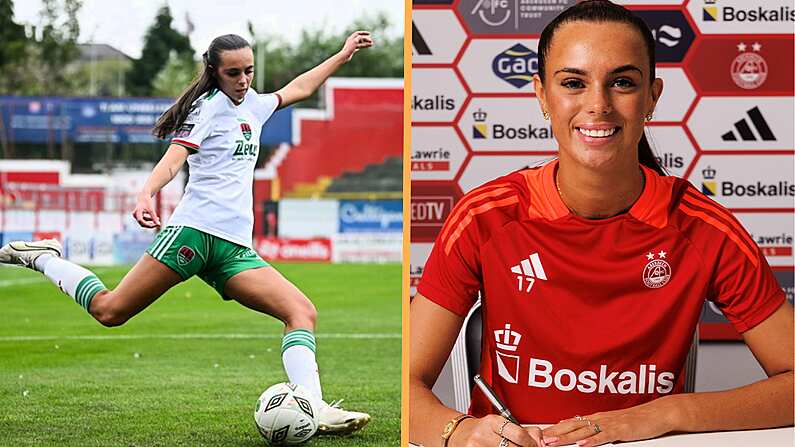The era of heart and grit being the sole explanation for winning and losing is long gone. There was always a focus on what happened, but suddenly we began to wonder why? Amidst all the chaos and disorder sporting contests entail, one group of people are seeking to bring understanding to the table; sports performance analysis is on the rise.
Now, performance analysis is not just influencing but dictating the way teams play. What was previously dismissed as uncontrollable or arbitrary is now being scrutinised and planned for. Team strategy, injury risk identification, training efficiency, it is all being monitored, coordinated, mapped out. A brave new world with the number-crunchers at the heart of it.
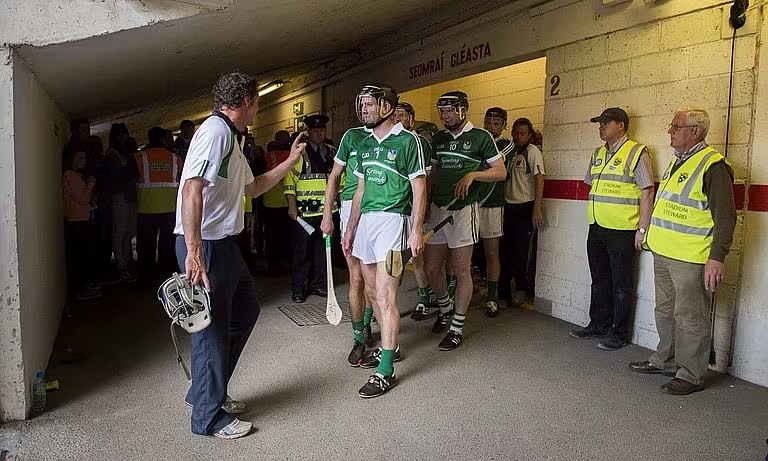
Susan Giblin is the Sports Programme manager at Portobello Institute and head of the BSc (Hons) Sport Performance Analysis course that runs from their Dublin facility. The course aims to fulfill a crucial gap in the market for professional sport, sport using technology and the technology industry. The basic idea is understanding data and the use of numbers in a sports setting.
As Giblin explains, now is a hugely exciting time for this industry.
Previously, it was driven by what is available and what you can measure. Sports science has been at the mercy of the technology industry, whereas with sports science expertise we need to come in and say what is important as opposed to what we can measure.
Performance analysis can help us do things like predict injury, performance or analysis performance which can help us train players in more optimal ways to reduce injury or increase performance and hopefully improve the overall performance of sport. What we are seeing is even though there is all this science and technology around these days, performance isn’t increasing as you would expect.
Any initial reservation towards the industry is long gone, with the GAA leading the charge towards incorporating performance analysis. However, the misuse of data is still prevalent and it is this blunder that courses such as those at the Portobello Institute are looking to correct.
If teams are going to integrate technology they need somebody who knows how to analyze and interpret it and feed that data back in a meaningful way to players and coaches. You see often times teams getting huge investment, a bulk of money and they want to spend it only on the latest technology or toy. They would be better investing in a sport scientist or performance analysis who can work with the info they have whether it be recording matches or training and create meaning from that data.
The infatuation with Global Positioning System (GPS) data is long established. Last year it took centre stage when Mayo's Lee Keegan fired one at Dean Rock in a bid to distract him mid free. This season it was the turn of his team-mate, Diarmuid O'Connor, to propel it into the headlines as we were informed of his monstrous 16 kilometres covered during the qualifier tie against Kildare. In reality, both these incidents are as useless as each other.

"With GPS, everyone has focused on what GPS parameters you can use to form training strategies without looking at that GPS information in context," said Giblin.
"For example, markers like distance covered, acceleration, etc. not linking it back to performance. A player can run a huge amount or engage in a huge amount of acceleration of declaration in a game because they are making poor decision making and are chasing opponents but another player won't run as much because they are more tactically aware and making smarter decisions."
GPS is not a marker for injury, that is quite dated and difficult to predict any sort of injury risk from using GPS. Other measures like biomechanical assessment can be done quite easily pre-game or pre-training. Things like knee angle on landing or ankle dorsiflexion can give an indication how effectively that player can sustain or withhold the forces from a landing.
Mickey Harte will have spent the past three weeks relentlessly pursuing ideas to counter the Dublin juggernaut, but Gilbin stresses this has to be based off the right indicators. The key to performance analysis is the opposition and building towards that. It is not about one set gameplan, but multiple.
I guess with performance analysis you have the typical idea sitting down looking at video analysis and certain patterns of play. I think if you use the example of Dublin GAA, they can seem too predictable. They are very predictable in their play which can leave you open to other teams analysing it and breaking it down, other teams feel they understand how to play them. However, if there is more kind of complex performance analysis, looking at things like opportunity affordance and decision-making strategy, not just points converted or passes made, it's different.
"It's completely depending on your opponent. If you are going to use analysis smartly, you are going to look at who you are playing, what their typical style of play is and establish your strategy around that. Really you need an adaptable team who can make smart decisions and play according to their environment."
Portobello Institute's new courses will combine GPS analysis, strength and conditioning efficiency, biomechanical elements and technological understanding to equip coaches and teams with the best possible preparation for the big day. They weren't really discussed in any detail on TV last Sunday, but nevertheless they had a crucial influence on how Dublin won Sam Maguire this year.
The Portobello Institute: Now enrolling for courses starting in October. Open Days 6th & 20th September, 5-7pm. More information here

